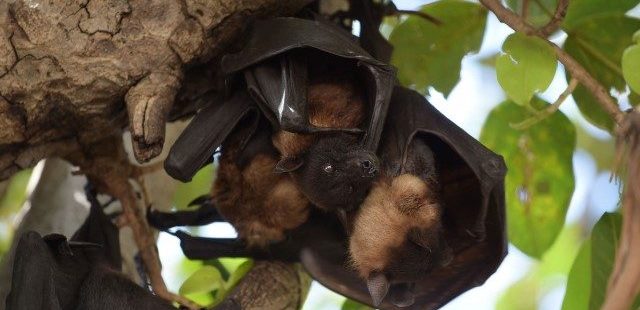According to Nature, climate change is predicted to lead to 15,000 cases of viruses being transmitted to mammals by 2070.
The journal study and press release mention Wuhan and China but warn that bats are the main vector. Researchers believe that coronavirus spread from flying mammals to humans in “zoonotic transmission”.
Research suggests that new viruses will be transmitted mainly when species come together for the first-time as they move to warmer locales due to rising temperatures. It predicts that the new virus transmission will be most common in species-rich ecosystems located at high elevations, especially in Africa and Asia. Also, it will occur in densely populated areas, such as Africa’s Sahel, India, and Indonesia. The study predicts that if the planet heats no more than 2 degrees Celsius above preindustrial temperatures, then the number of species-to-species encounters will double by 2070. This would create virus-transmission hotspots.
[Gregory Albery is a Georgetown disease ecologist] and Colin Carlson (a global-change biologist, also at Georgetown University), say that while some disease transmission increases are inevitable, this is not an excuse to be inaction. Researchers call for governments and international organizations to improve surveillance and monitoring of wild animals and zoonotic disease, especially in the future hotspots like southeast Asia. They also recommend that the health infrastructure be improved.
Kate Jones, who studies interactions between ecosystems, human health and climate at University College London, says the study is “a crucial first step in understanding future risk of climate change and land-use changes on the next pandemic”.
However, the study has some caveats. The researchers had to make assumptions about how species would be relocated due to “climate change” and that it was difficult to predict how mammals would adapt to new locations or cross certain barriers.
Jones expressed some skepticism as well.


